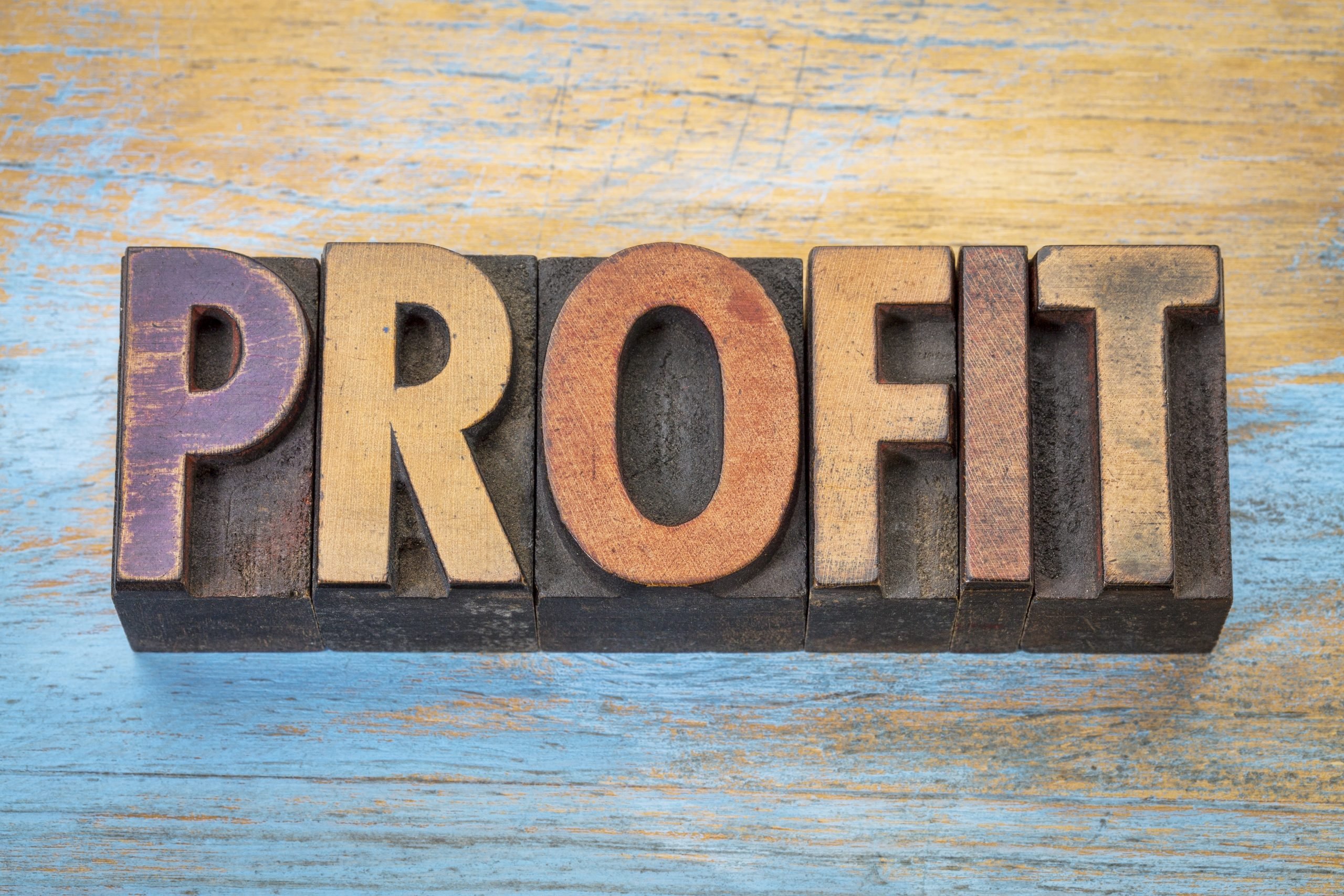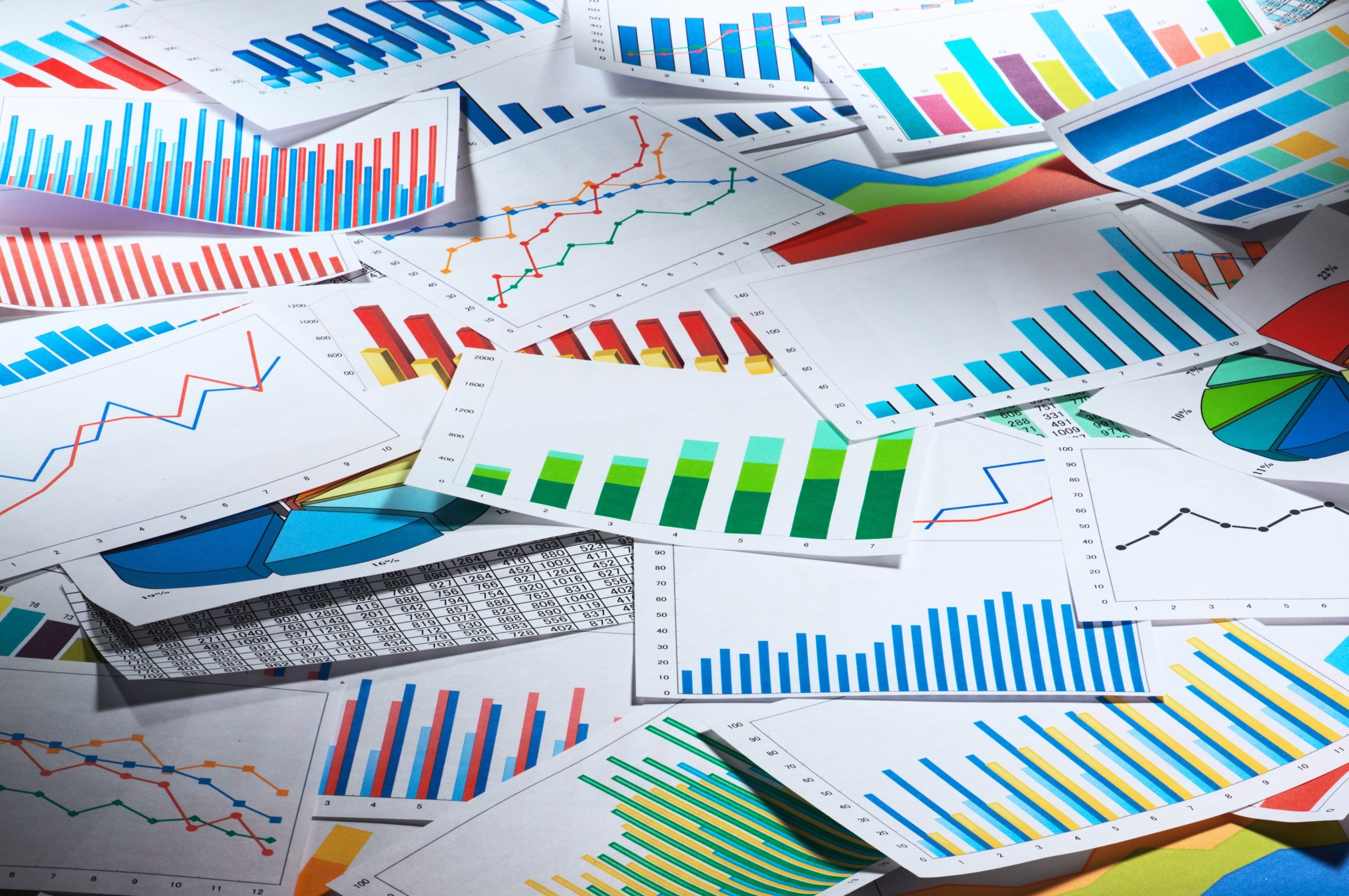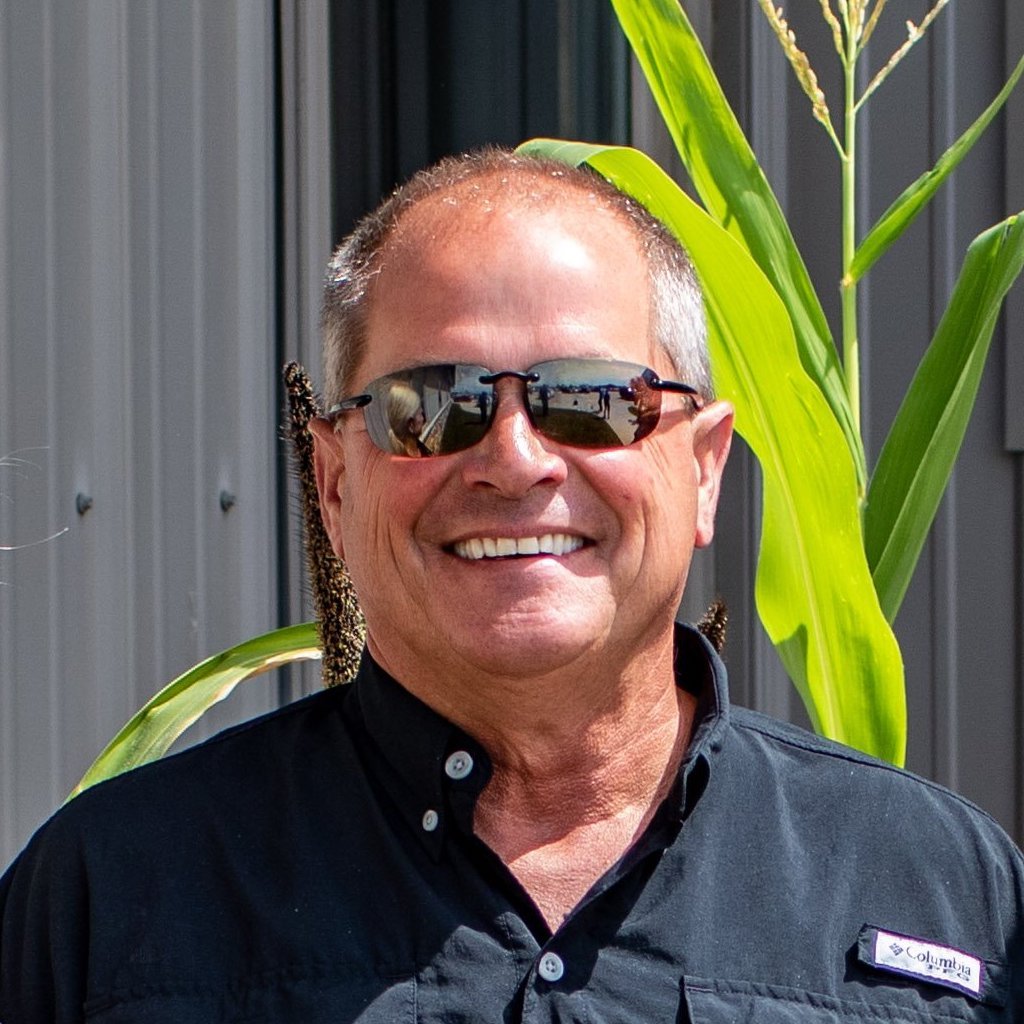In recent years there’s been a conversation around the concept of data as a valuable commodity. "The world's most valuable resource is no longer oil, but data," reads a 2017 article from The Economist. Indeed, data is everywhere in our modern world, and the richest companies have figured out how to profit from it.
There are many potential issues with how this is done in today's world, but one big one is that only some people are benefitting. “The problem isn’t only that these companies collect our data with little transparency,” wrote Mat Travizano in a recent article for Entrepreneur. “It’s that they profit from the use of our data instead of us.”

Sherman Black
That's why we prefer to think of farm data as an asset. Sherman Black, our CEO, spoke on this topic at our most recent Customer Summits in Minneapolis and St. Louis. “Today I want to talk about a topic that’s really important to who we are as a company and really important to all of you as agribusiness leaders, and that’s starting to think of your data as an asset,” he said.
We agree that data is fast becoming the world's most valuable resource, but valuable for who? Read on to learn why we believe fam data should be an asset, not a commodity.
Your data: yours, for your benefit
 One definition of the word commodity is “a raw material that can be bought or sold.” Unfortunately, the modern world does indeed treat data this way: information is bought and sold for marketing purposes, and organizations profit off of access to information about us. Companies like Google and Facebook offer “free” tools for our use, but the organizations are worth billions of dollars for a reason—they’re making money from our data. (As the Silicon Valley saying goes, if you’re not paying for a product, you’re the product.)
One definition of the word commodity is “a raw material that can be bought or sold.” Unfortunately, the modern world does indeed treat data this way: information is bought and sold for marketing purposes, and organizations profit off of access to information about us. Companies like Google and Facebook offer “free” tools for our use, but the organizations are worth billions of dollars for a reason—they’re making money from our data. (As the Silicon Valley saying goes, if you’re not paying for a product, you’re the product.)
 As much as data does operate as a commodity—as a valuable resource that people are trying to get their hands on to benefit themselves—we sure don't think of farm data like that. We don’t support the idea of farm data being bought and sold, and we strongly believe that farmers’ data belongs to them and them only.
As much as data does operate as a commodity—as a valuable resource that people are trying to get their hands on to benefit themselves—we sure don't think of farm data like that. We don’t support the idea of farm data being bought and sold, and we strongly believe that farmers’ data belongs to them and them only.
To us, farm data should never be a commodity. It should be an asset, and an asset to you. “Our data is a valuable resource. Like any resource, personal data should be used as a tool to benefit and enhance our lives,” wrote Travizano. “At the core of this conversation, we don't need five, 10, or 100 reasons why you should profit from your data. We just need one—owning your data is your right.”
Farm data as an asset
 A more general definition of both commodity and asset is one we can get behind: "a useful or valuable thing." An asset also holds a more robust meaning, one that any astute business person understands: something owned by you that can produce economic value.
A more general definition of both commodity and asset is one we can get behind: "a useful or valuable thing." An asset also holds a more robust meaning, one that any astute business person understands: something owned by you that can produce economic value.
That you should be the one benefitting from your data is obvious, but seeing your data as a real economic asset to your business takes some imagination and forward thinking. “If you look at your balance sheet, you're not going to find a line item that says ‘data,’ and there's not going to be a dollar amount next to it,” said Sherman. “However, I don't care who you are today, it's hard to not recognize the effects of what data and digitization has meant to business.”
 Viewing your data as an asset also takes some work, because your data is valuable only if you invest in it. A true commodity like oil, has value right out of the ground, whereas data only has value if you work to make it so.
Viewing your data as an asset also takes some work, because your data is valuable only if you invest in it. A true commodity like oil, has value right out of the ground, whereas data only has value if you work to make it so.
“People are now comparing data to oil, saying that data is the new oil or data is more valuable than oil,” said Sherman. While it’s an interesting comparison, there’s a difference. “Oil, in its rough form, a crude barrel of oil— once you get it out of the ground and take it to a refinery, it's $58 a barrel. It's worth something. I look at your operation and I can say that all of you have buckets, barrels and silos of data all over the place, but unless you work at it, it's not necessarily worth much to your business."
Mountains of data can be overwhelming, and it's frustrating to have information that isn't being used to guide your decisions. "There's a lot coming at you and your world is getting more and more complex. It's not getting any easier. This whole idea of using data as an asset, you've got to figure out how to do that," said Sherman. "That's what we want to help you do."
Our solutions: from doing work to doing business
The first years of our company were all about helping growers get a handle on their operations: how can we keep track of it all and work as efficiently as possible. We've seen the impact of those first years of work on real farms, and we're proud of it. But we haven’t stopped there: we're building off that strong foundation, and we're making big strides.

Our current focus is helping you turn your data into real economic value for your business. “For the first seven, eight, nine years of our company's existence, we've been all about giving you a set of tools to help you get work done. Those are our production management tools,” said Sherman. “Where we're moving to, though, is to really help you turn raw data into information that's going to help make you a better business person.”
We've grown so much as a company in the last few years, and 2019 was big. As Sherman spoke to the group of current and potential customers alike, Sherman made the bold claim that in 2020 we'll offer twice the value to growers that we did just last year. Why? Because we're increasingly focused on helping you track the financial impact of your decisions. "We're a very different company today than we were a year ago. The things you liked about this company, it's still our foundation, but I really encourage you to start thinking about us as a decision support tool," he said.

"Conservis being independent means a lot to me because you're not biased. Your people at Conservis are very open minded, they listen, ask questions, continue to update and improve their program, and they continue to try to help us all that time. I believe if it was associated with a bigger company or with a different motive to sell something, there's parts of that you wouldn't get."
Are you investing in your data for the future of your farm?
Sherman ended his talk with some challenges for the growers in the room. "The thing I would challenge you on is: Do you really think about your data as an asset? Are you really investing in your data the same way you do with other things that are on your mind and on your balance sheet?"
He spoke about technology and the pace of change in agriculture. "When I look at the experience I have in developing ag tech, I will tell you, the most frustrating thing for me compared to all my other tech industry experience has been the pace of development. We move at a slower pace—not because we're slow, because it's the nature of agriculture. In agriculture, you get one shot a year."
He turned to a farmer in the room. "How old are you?" he said. "How many shots have you had?"
The farmer replied, "Oh, about 35."
"Yeah, 35. Agriculture is not like any other business. In most other businesses, you're getting a shot every day and you can really perfect things much faster." His point? It takes much more time to get a farm business operating at a higher level.
Which brought him to his next challenge for the farmers in the room. "The other thing I want to challenge you on is: Think about where the world was in 2010. Think about where we are today in 2020 and think about the pace of change and where you want to be in 2030," he said.
Your data should be an asset to your business, not a commodity in the marketplace. It takes some work to make sure you're getting value from your data, but one thing is certain: if anyone is profiting from your data, it should be you.
Conservis is the leading independent farm management system. Get in touch to learn how we can help you turn your farm data into a powerful business asset.

